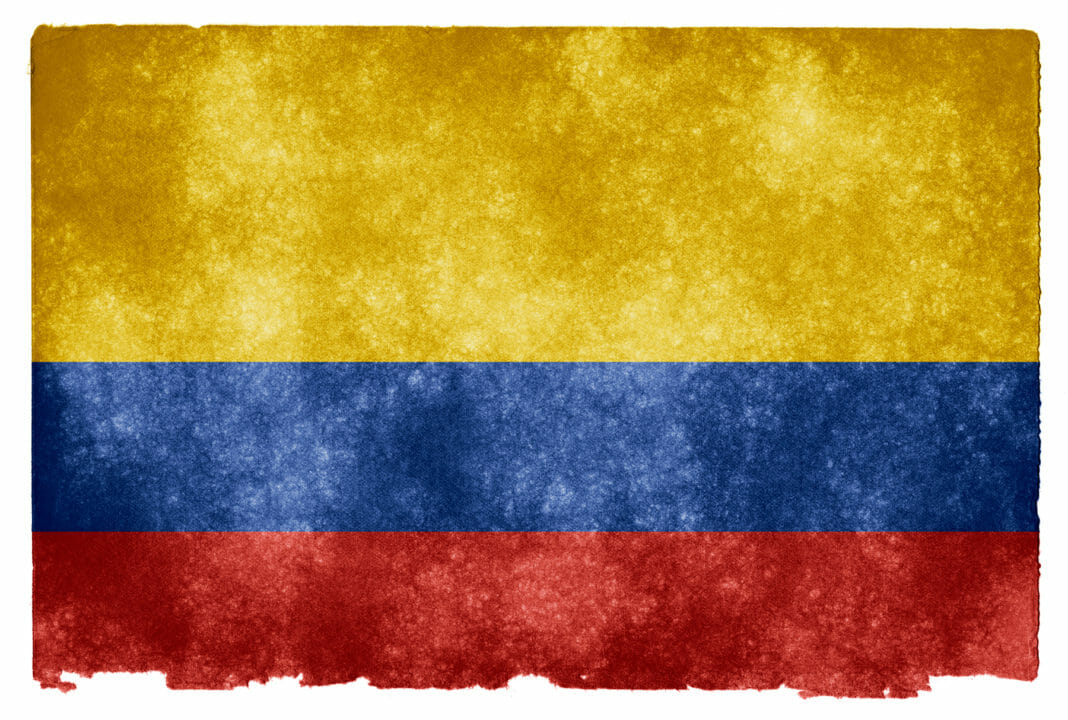Ecopetrol uses blockchain technology to improve processes within the oil supply chain. The company’s technological development plan will require an investment of USD 120 million.
Colombian state-owned oil company Ecopetrol has a digital transformation plan underway, which contemplates the use of blockchain technology to improve processes in the oil and gas supply chain. It also aims to use this technology in the near future to provide communities and stakeholders with information about the development of unconventional pilot projects, such as fracking (a technique that allows increasing the levels of extraction of gas and oil from the subsoil).
The information was released by the president of Ecopetrol, Felipe Bayón, who had disclosed some information about the project during his presentation at the II Oil and Gas Summit that took place from November 13th to 15th in the city of Bogotá, Colombia.
Ecopetrol’s digital transformation plan is aligned with an efficiency program and a strategy that the company has been developing since 2018. Bayón explained that the project requires an initial investment of USD 120 million in 10 projects in strategic areas that rely on the technologies that integrate the Fourth Industrial Revolution, which includes blockchain-based platforms, artificial intelligence, the Internet of Things (IoT) and Big Data, among others.
Ecopetrol’s Digital Vice-President, Ernesto Gutiérrez de Piñeres, previously stated that the company is already using these technologies to improve many processes. He said that blockchain technology has been incorporated to optimize different stages in the oil and gas supply chain.
Therefore, the use of blockchain facilitates the task of identifying in which position within the logistics chain the products transported from the oil wells move until reaching the final customers.
Even though no further details were provided about this process, the Colombian oil company will possibly follow the same line of action as other large oil companies, such as BP, Shell, Statoil, among others, that use blockchains to make transactions in the industry. This allows them to reduce costs, save time and keep a more transparent record of the movements made in the supply chain, thus avoiding the risk of making mistakes.
Gutiérrez also explained that they have 40 robots or virtual assistants that allow better management of key processes and are working on 18 additional solutions of this type, so they expect to close the year with about 100 workings.
The digital transformation project also includes the development of more than 40 initiatives for robotizing processes and technological productivity solutions for daily work. The oil company estimates that these investments will allow savings between USD 240 million and USD 360 million by 2023.
Fourth Industrial Revolution in Colombia
The incorporation of blockchain into the Colombian oil industry can be related to a strategy that that country’s government has been developing to position itself as a leader in the management of new technologies in the region.
Colombian President Iván Duque said that artificial intelligence, the Internet of things and blockchain are three new technologies that are changing the world. He highlighted their advantages by noting that Artificial Intelligence will help to understand global phenomena and apply them in the country and the region, the IoT will be decisive to bet on connectivity, and Blockchain can lead Colombia to become a leader in Latin America.
By Willmen Blanco











